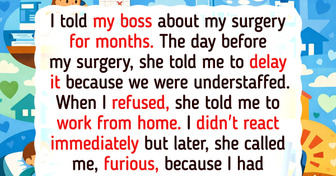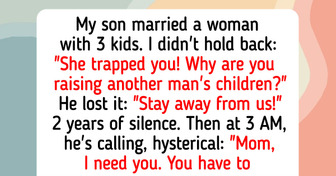12 Moments That Teach Us to Stay Kind, Even When Life Becomes Heavy
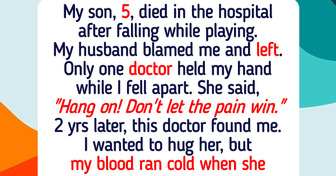
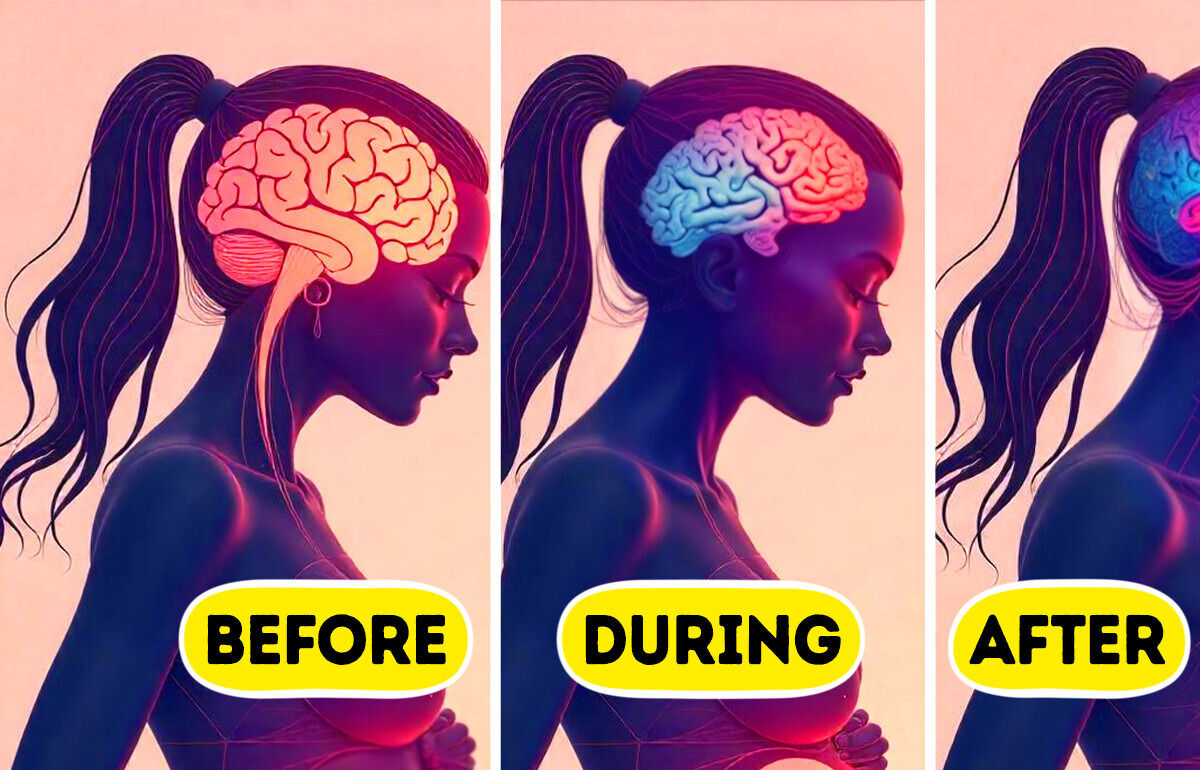
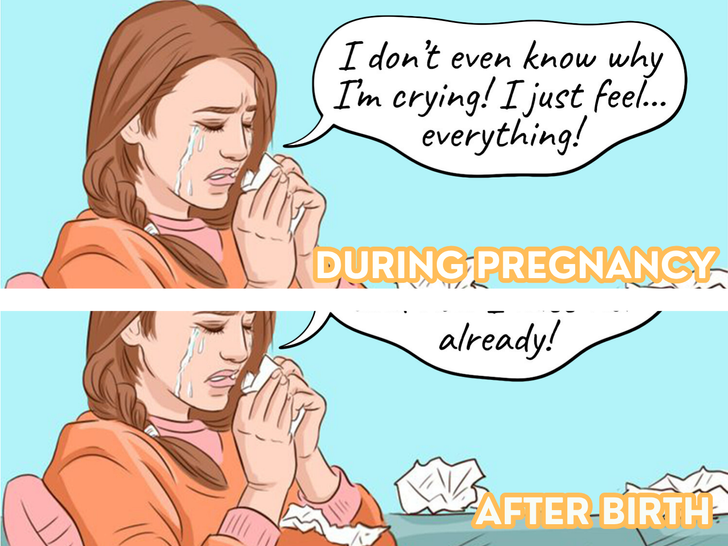
Pregnancy is a time of big changes, and not just for your body, but for your brain too. While people often talk about the physical side of things, there are actually some amazing brain changes happening that help you connect with and care for your baby. Studies show that pregnancy “rewires” the brain to make moms more tuned in to their baby’s needs. So what people call “baby brain” isn’t about forgetfulness, and here’s how it works.
That’s because parenthood isn’t exclusive to women who have given birth — dads, adoptive parents, and others who care for a child can also show changes in the brain that help them nurture and care for their children.

Researcher Dr. Jonny Kohl says the brain actually starts getting ready for parenthood earlier than most people think.
Experts say pregnancy helps the brain adapt to your baby’s signals. Dr. Ronald Dahl, a brain expert from the University of California, Berkeley, says pregnancy hormones actually change how the brain works. These changes sensitize individuals to shift their focus, help them bond with their baby, and make it easier to learn how to care for them.
Even the brain’s "wiring"—called white matter—gets a boost during pregnancy. It works more smoothly, like fixing a bumpy road, which helps different parts of the brain work better together. This makes it easier for parents to understand and respond to their baby’s needs.
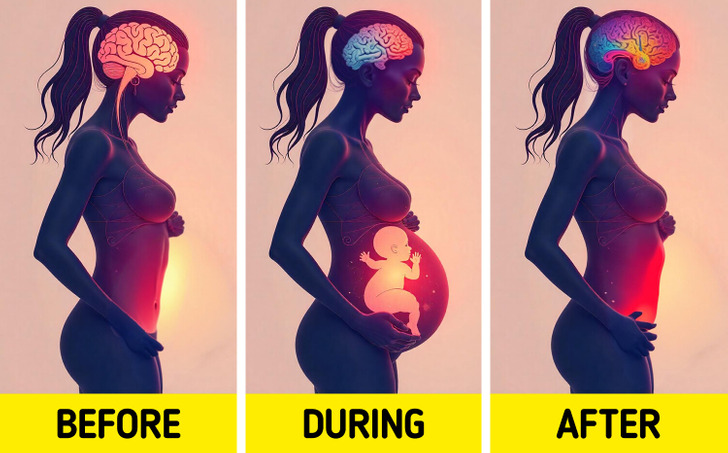
Scientists found that during pregnancy, about 80% of the 400 brain areas they studied showed a drop in gray matter, especially in parts of the brain that help you understand emotions and connect with others.
This might sound scary, but it’s actually your brain becoming more focused and efficient. Dr. Elseline Hoekzema, who leads the Pregnancy and the Brain Lab in Amsterdam, says these changes help moms respond better to their babies. “The brain changes during pregnancy relate to the way a mother’s brain and body react to infants,” she explains.
These brain updates don’t just help with bonding — they also prepare you for the emotional ups and downs of parenting, like dealing with crying, staying calm when you’re tired, and understanding what your baby needs.
While some changes in the brain, like white matter improvements, fade after childbirth, others are long-lasting. The reduced gray matter volume in certain areas can persist for up to two years postpartum.
Dr. Jacobs calls these changes “permanent etchings in the brain,” designed to make moms more emotionally attuned and responsive to their children.
Interestingly, researchers found these patterns so distinct that they trained a computer to identify if a woman was pregnant based solely on her brain scans.
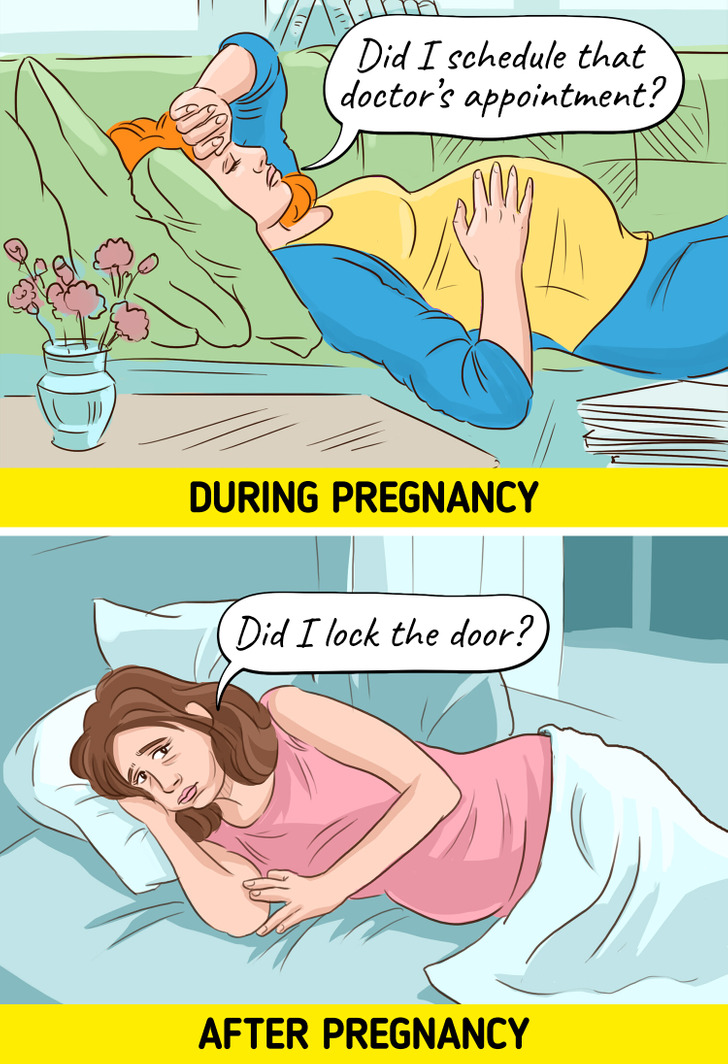
But the truth behind this phenomenon is more inspiring than inconvenient. As pregnancy hormones like oestrogen and progesterone flood your body, they reshape key areas of the brain, especially those involved in empathy and emotional processing.
According to Dr. Emily Jacobs, a neuroscientist from the University of California, Santa Barbara, these changes are all about making the brain more specialized for motherhood. Pregnancy brain shrinkage is not a bad thing, she explains. Think of it as a sculptor carefully chiselling marble to reveal something extraordinary. “You can see the sculpting of the brain unfold week by week,” she adds.
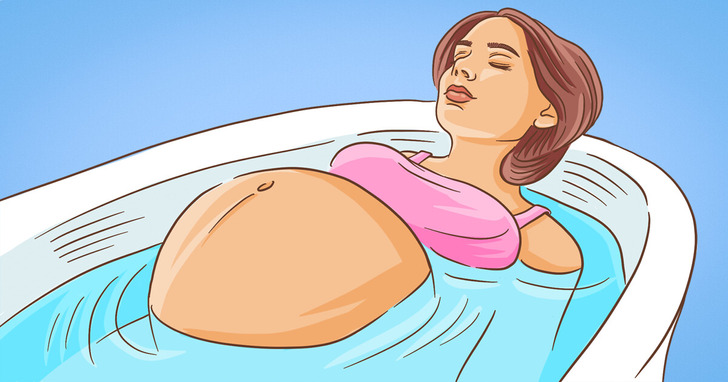
All of these changes aren’t a sign that your brain is failing — it’s just proof of your body’s beautiful ability to change, grow, and adapt to the introduction of your little human into the world by being heightened to your baby’s needs.
Understanding these changes can also help you to handle the mental load of parenting and navigate postpartum challenges.
It’s not only your brain that changes during pregnancy, your body can do the same. One woman documented the physical changes that her pregnancy caused her and left people in awe.


